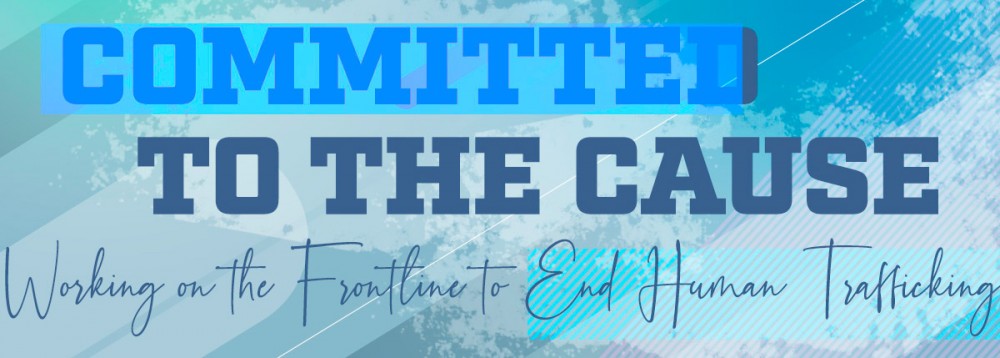
Vishü Rita Krocha
Kohima | July 29
While there is limited data about human trafficking in the state, people exploited for labour or sexual activity is a reality in places like Dimapur and unofficial red light areas and booze joints in several pockets of the state.
Nagaland is also identified both as a transit source and destination for human trafficking with people from neighbouring states using the state’s highway or railway station as a gateway. Children are also being illegally brought from neighbouring states for labour as domestic help, or in hotels and construction industry.
“We have no proven data but it’s a fact and these are blatantly visible where they are being brought not only from neighbouring states but even from far flung areas and districts of Nagaland,” Gracy Ayee, State Coordinator for State Resource Centre for Women (SRCW) told The Morung Express on the eve of World Day against Trafficking in Persons which is observed on July 30 .
“In the past one year, we have seen how these people who are being kept as helpers are being abused by their employers or their so called guardians,” she said. However, these are not booked under human trafficking but under domestic violence or child labour, she added.
Stating that there are also cases of children being brought from Myanmar, she said that, “if we really have to apply the law, they are illegally being kept at our homes, so these are very scary trends." as most cases go unreported.
“As a society, we have not really started talking about the whole issue of human trafficking,” she said.
Working in ‘vulnerable situations’
With many migrant Nagas having come back home in view of the COVID-19 pandemic, she also said that there is every possibility that many were lured with false promises of education or job placement. Many of the victims may not be in a position to report the cases because of the stigma attached to it, she added.
“It is easier for youths to be exploited and particularly in the service industry, our young women become easy targets,” she said. In the labour part, she said, “men are equally vulnerable to it but when it comes to industries like entertainment and spas. I don’t want to stigmatize it but there are many blacklisted organisations as well.”
Towards this, she emphasized the importance of tracking the migrant population who are going out for work. While everyone has the liberty to go wherever they want, she opined that a crosscheck on the situations they are working under and setting service delivery in place in case they are in trouble would augur well.
“We as an agency and service providers, we cannot be looking from the moral angle, so from the legal aspect of it, we have to encourage people not to let others take advantage of your vulnerable situation. And if you are abused, you are not going to be arrested. It is people who are taking advantage of you, who are at fault and it is okay to report. ” she affirmed.
Exploitation flourishing due to demand
Ayee further emphasized that the narrative around victims of exploitation has been focussed on the moral character of women.
"We are not talking about the customer. Who is the customer? If the commercial sexual exploitation is flourishing, it is because there is demand,” she questioned.
She strongly felt that it is time to shift the narrative. “If you really want to do away with commercial sexual exploitation that is happening within Nagaland then we not only have to stop looking at women as commodity but even questioning why this market is in demand in the first place,” she asserted.
Another issue, she pointed out is when people are there by choice, there is very little that any agency can do anything about it. However, she opined that a closer and deeper study into the dynamics would help in understanding why or how such choices are being made.
“Is it the poor socio-economy that they have that is compelling them to make this decision?” Ayee posed while asserting that commercial sexual exploitation is an issue that needs to be looked at separately and very closely.






